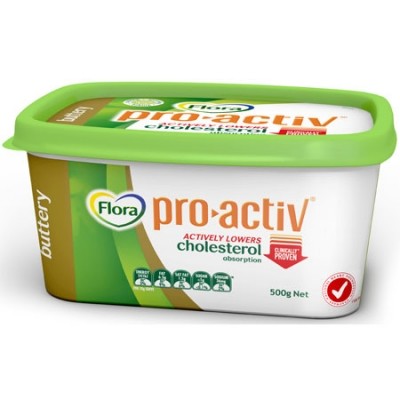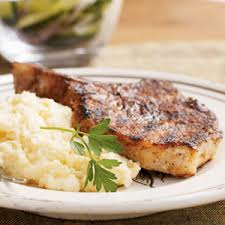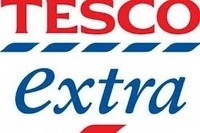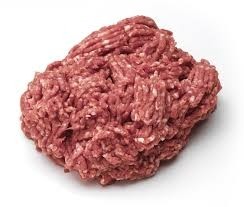Tesco pledges change over horsemeat – and gets ad ban
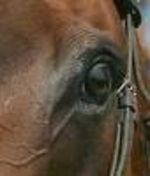
The ASA published a ruling today (September 4) banning the ad for misleadingly implicating all food retailers and manufacturers in selling horsemeat-contaminated goods as other meat products.
Warnock, professor of law at the University of East Anglia, told FoodManufacture.co.uk the move illustrated that making general statements of fact in adverts was tricky.
"If an advert says 'this is true' or 'not true', it's more likely the ASA will pick it apart."
He acknowledged Tesco was trying to take responsibility for its part in the scandal, but said: “Tesco is doing it in that classic toddler’s response that everyone else was doing it as well.”
The two-page national press advert run earlier this year stated: "The problem we've had with some of our meat lately is about more than burgers and bolognese. It's about some of the ways we get meat to your dinner table. It's about the whole food industry.
“And it has made us realise, we really do need to make it better. We've been working on it, but we need to keep going, go further, move quicker. We know that our supply chain is too complicated. So we're making it simpler ... Seriously. This is it. We are changing.”
Misleading
Complainants criticised the ad firstly for being misleading because it implied there were issues with meat standards across the whole food industry. Second, they alleged the advert unfairly denigrated food suppliers who had not been implicated in the supply of mislabelled meat products.
The ASA dismissed the second claim, because the ad made no reference to specific products or marketers, but it upheld the first objection and therefore banned the advert.
In its defence, Tesco said it had deliberately focused on itself in the ad, rather than other producers, retailers and suppliers. It had stressed horsemeat was an industry-wide issue and hadn’t named names or tried to shift blame, it said.
However, the supermarket giant said the ad also acknowledged it had not operated in a vacuum. The horsemeat contamination problem it and others encountered was due to systemic failings in the food supply chain which had serious consequences for Tesco.
Anyone could still be selling contaminated meat
As a result, until industry-wide testing was complete, anyone could still be selling contaminated meat, it argued.
However, the ASA stated in its decision: “We understood that while some products had been sold, contaminated with meat not shown on the label, this was not widespread as only a small number of products had tested positive for horsemeat and others had tested negative.
“Because the ad implied that all retailers and suppliers were likely to have sold products contaminated with horsemeat, and because relatively few instances of contamination had been identified at the time the ad appeared, we concluded the ad was misleading.”
Tesco said it was “disappointed with this decision, but accept that the ASA has taken a very literal view of the wording in the advert”.
“We think our customers understood that our aim with the advert was to set out the action we had taken in relation to the horsemeat crisis and to acknowledge the fact the issue had serious consequences not just for Tesco, but for the whole of the food industry.”
Iceland Foods
The ad ruling follows the ASA's separate ban of an Iceland Foods ad last month questioning the Food Safety Authority of Ireland's (FSAI's) testing methods.
Warnock said the rulings didn't mean it was better to avoid the subject of horsemeat completely in advertising, just that there was a danger that doing so could backfire and turn into a bad news story.
The horsemeat saga began in January, when the FSAI revealed it had discovered traces of horse and pig DNA in burgers sold by Tesco, Iceland Foods, Aldi and Dunnes Stores.
The retailers, which have always claimed they were unaware of the problem, have co-operated fully with authorities on tracking the source of supply and City of London Police announced last week that two arrests had been made in connection with the issue.
